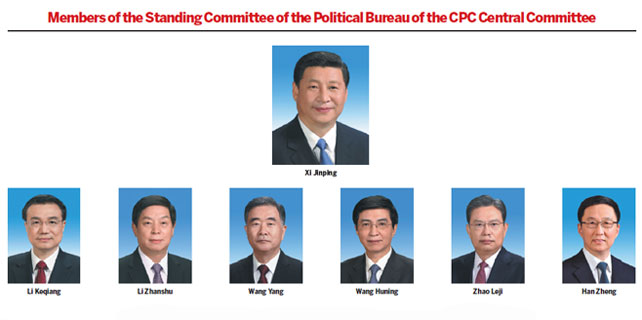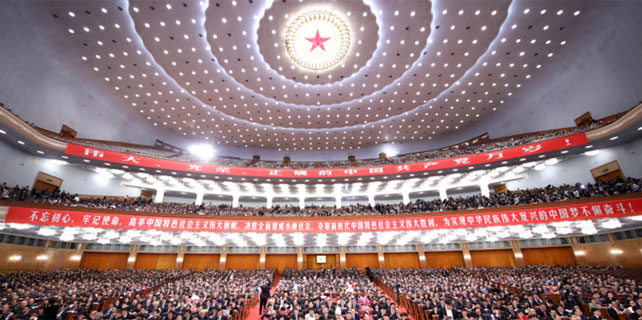London house-buyers get lift from Brexit jitters
LONDON - At 24, Londoner Kai Brader-Tan did not expect to become a property owner so soon in a city where rocketing prices in recent years have prevented many of his peers from getting onto the housing ladder.
But the Brexit vote may have given him a step up.
A graduate in Chinese and economics now working for a sportswear company, Brader-Tan has bought his first-ever flat in south London's gentrifying Brixton area.
"It's been a fortunate turn of events," he said, explaining that a drop in the asking price from 550,000 to 500,000 finally helped clinch the deal.
The capital's housing sector has been affected by a decline in investment from abroad which many experts have blamed on last year's Brexit referendum.
London house prices may be more than double the national average, but are now growing more slowly than in any other region in the country - the first time in 10 years that this has happened.
One report last month even showed them falling.
A rise in inflation to three percent and the quarter-point increase in interest rates projected for November could bring down prices even more.
However, there is little cause for celebration among developers, estate agents and investors.
The jitters about Brexit were palpable at the MIPIM UK property conference in London this month.
"The B-Word is the real concern," said Paul Steward, a strategist at Barings investment management firm.
"The hike in rates is tiny and we think this inflation is a blip. We're more worried about the downward economic trend overall," he said.
Foreign direct investment into UK property has plummeted from a five-year-high of 214 million pounds ($280 million) in the third quarter of 2016 to 77 million pounds in the second quarter of 2017.
But a more deep-rooted problem is the failure of wages to keep up with houseprice inflation over the last few years, said Nationwide's chief economist, Robert Gardner.
"Affordability metrics in London are just far more stretched," he said.
"The cost of servicing a typical mortgage for a typical first-time buyer in London is 57 percent of take home pay on a standardized measure, whereas nationally it's around 30 percent."
Some young buyers like Braden-Tan are benefiting from the dip in the market.
But he admits the "uncertainty" surrounding Brexit makes it is impossible to predict whether his investment will pay off in the future.
Agence France-presse


















